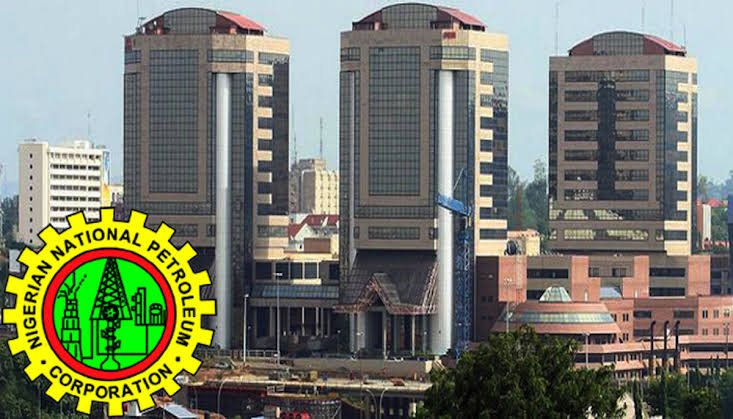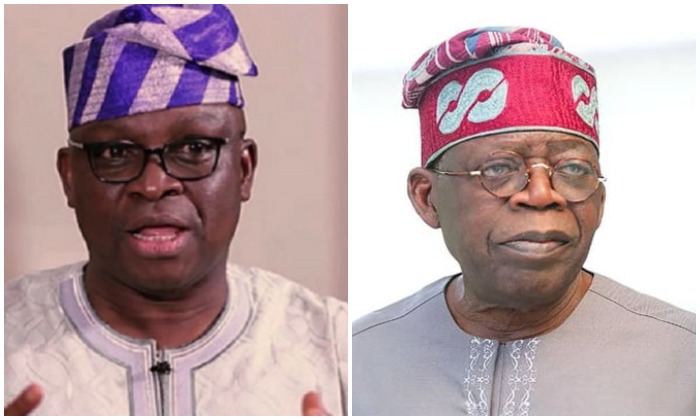By Okechukwu Keshi Ukegbu
Sometimes in the past, Vice President Yemi Osinbajo, at the closing ceremony of the 50th Anniversary Celebrations and Annual Conference of the Chartered Institute of Personnel Management in Abuja, raised a very touching concern on the growing threat posed to humans by the deployment of robots and artificial intelligence in work places.
The vice president’s concern further explained that in the next few years, Nigeria would be contending with having one of the largest youth populations in the world.
“We will be the third most populous nation in the world. What sort of skills will these young men and women require? Where will they work?
”Already, we are contending with how technology is redefining the structure of industry and commerce and the skills required to function in them.
“But more disturbing is the growing apprehension of redundancy of many who today work in the millions of jobs that may be unnecessary as robots and Artificial Intelligence perform the same functions far more efficiently and even cheaper.
“What will retraining this possibly redundant workforce entail? What happens to pensions of retired humans when the majority of current workers are robots who earn nothing.
“How about the growing concerns about work-life balance? What sort of work environment makes for the most productive worker?
”Is it the formal work space which we are used to or something less constraining more flexible as we are seeing in the new technology companies,’’ said VP Yemi Osinbajo.
The vice president’s concern should not be wished away as it is characteristics of our government’s. It will be recalled that in October 1930, a year. after the Wall Street Crash but before the Manchurian crisis and the Nazi seizure of power, the London Economist expressed the same worry thus: “0the supreme difficulty of our generation… is that our achievements on the economic plane of life have outstripped our progress on the political plane to such am extent that our economics and our political plane to such an end extent that our economics and our politics are perpetually falling out of gear with one another. On the economic plane, the world has been organised into single, all embracing unit of activity. On the political plane, it has not only remained partitioned into sixty or seventy sovereign national states, but the national units have been growing smaller and more numerous and the national consciousness more acute. The tension between these two antithetical tendencies has been producing series of jolts and jars and smashes in the social life of humanity… ”
The same worries were also expressed by Paul Kennedy in his book” Preparing For The Twenty- First Century “, when he opined that ” human history has always been shaped by the growth and migration of populations, by the opportunities and the constraints provided by the environment, and by the rise of new technologies .Today, these factors are enmeshed in a state of unprecedented turbulence. World population has doubled in the past forty years … .How will these vast numbers reshape the world’s borders, strain an already fragile ecosystem, and remake politics?
New technologies are even now replacing traditional work with radically new systems of production and communication, promising enormous changes in both industrial and traditional agricultural societies. Will potential developments in biotechnology render traditional food producers obsolete? What is the role of robotics in a world where millions of new jobs are needed each to absorb the fast-growing population?
The question that demands urgent attention where is” how prepared is Nigeria in this situation where automated processes, such as robotics and artificial intelligence, are threatening to displace human labour?
On this, Osinbajo said that to brace up for the challenge, the Federal Government was focusing on imparting employable skills on students from primary school to tertiary education.According to him, no sensible discussion of the economy can be done without acknowledging the role of the people.
He said that the third major pillar of the Economic Recovery and Growth Plan was called investing in people; on human capital development.
“Our plan, especially with regards to education and health, is one that we have spent a great deal of time working on, and we are, of course, in the process of ensuring that it is fully implemented.
“One of the most important features of that Human Capital development plan is Science, Technology, Engineering, Arts and Mathematics (STEAM) Education.
“The focus is on employable skills from primary school all the way up to tertiary education. But the focus on primary and secondary education is on employable skills, especially technology.
“So, our focus is on teaching young people from the primary school, even pre-primary school, using all of the new techniques such as code writing skills, software writing skills and all that.
“The new technologies that are developing and all of what we are seeing today clearly shows us that anyone in the coming generation will be left behind if they are not at the cutting edge of technology.
”We believe that our educational system must incorporate that, which is why a lot of attention, in the new curriculum, is focused on science, technology, engineering and mathematics.,”stated Osinbajo.
He said that the Federal Government was also doing same with health care as for the first time, it was spending one per cent of the entire consolidated revenue fund on health care.




